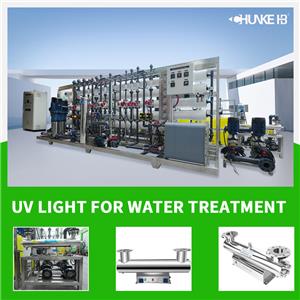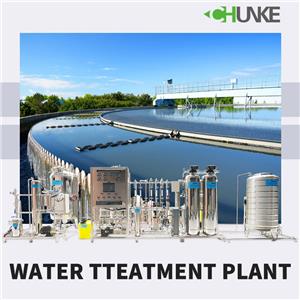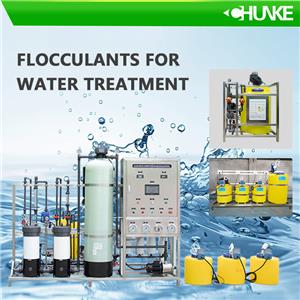-
11-25 2024
What is adsorption in water treatment?
Adsorption refers to the process by which one substance attaches to the surface of another substance. Specifically, adsorption uses the surface of porous materials to attract and fix pollutants in water on its surface, thereby separating these pollutants from the water body.
-
10-22 2024
What is the difference between a wastewater treatment plant and a gray water treatment plant?
Sewage treatment plants mainly treat seriously polluted domestic sewage and industrial wastewater, with complex processes and large environmental impacts, while gray water treatment plants focus on treating less polluted gray water, with relatively simple processes and small environmental impacts.
-
10-02 2024
What is the best coagulant for water treatment?
At present, the coagulants used in the market are mainly divided into three categories: inorganic coagulants, organic coagulants and polymer coagulants. Each type of coagulant has its own unique chemical properties and application scenarios.
-
08-28 2024
Can ultraviolet light be used for water treatment?
Ultraviolet disinfection technology is widely used in water treatment, mainly including drinking water treatment, sewage treatment, industrial wastewater treatment, aquaculture and swimming pool disinfection.
-
08-12 2024
What are the main types of water treatment plants?
The main types of water treatment plants are: 1. Drinking water treatment plants, 2. Sewage treatment plants, 3. Industrial water treatment plants, 4. Seawater desalination plants.
-
07-25 2024
What is the most effective flocculant for water treatment?
The prices of aluminium sulfate (alum) and polyaluminium chloride are relatively low and suitable for large-scale applications. Although polyacrylamide (PAM) has a good flocculation effect, it is more expensive and is suitable for scenarios with high requirements for flocculation effect volume.









